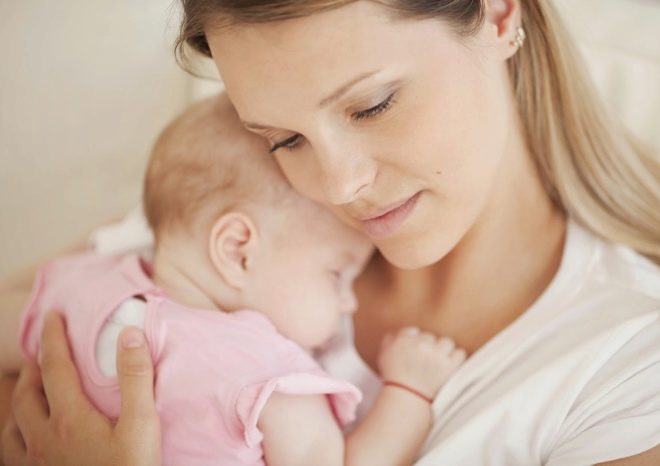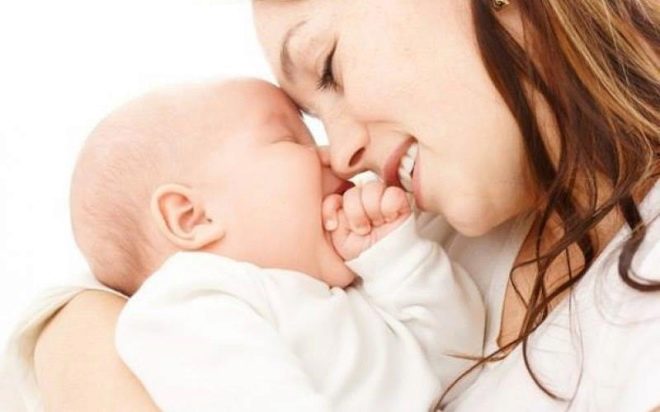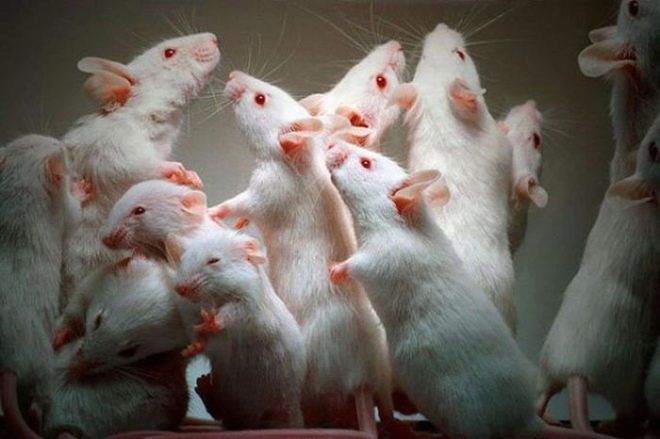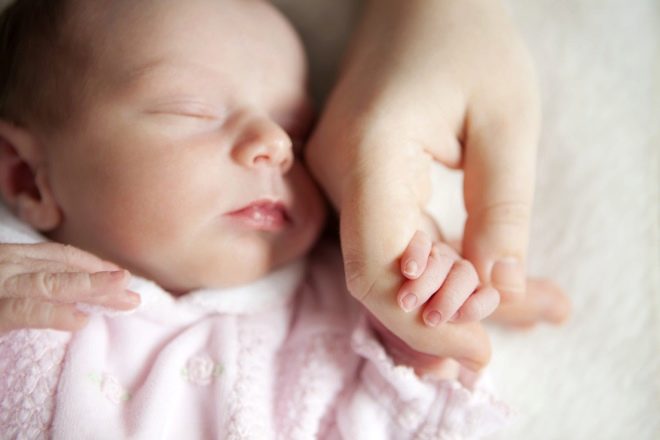“Do not part with your loved ones!”: The consequences of separation from the mother can be disastrous for the baby
Even a short separation from the mother in infancy can have extremely negative consequences for the psyche of the baby afterwards.
This conclusion came from the University of Indiana. They published their conclusions in the authoritative scientific publication Translational Psychiatry.
The study, which is easily the basis of the statement, was conducted on rats. The brain of a rat and a human has an almost identical structure and system of connections. Therefore, the reaction of the rat's brain to separation from the mother is quite possible and ethically compared with the reaction of the brain of a human baby to similar circumstances.
Nine-day-old rats were separated from their mothers for a day.
Then the family reunited. The growth and development of the rats continued to be observed until adulthood.
In a nearby aquarium there were rats who were not separated from their parent. They were also observed and compared their behavior with the behavior of animals from the first experimental group.
The results of the experiments were as follows: the rats, which in childhood were separated from their mother, turned out to be less intelligent and developed compared to their peers who did not experience psychological trauma.
The behavior of animals from the first group turned more aggressive and spontaneous.
Microscopic examination of a slice of the brain of experimental animals showed that those areas of the cortex that were most often affected were damaged. with mental illnessesfor example, in schizophrenia.
Researchers took the liberty to assume that the largely incomprehensible causes of schizophrenia in adults may well have "roots" from childhood.



